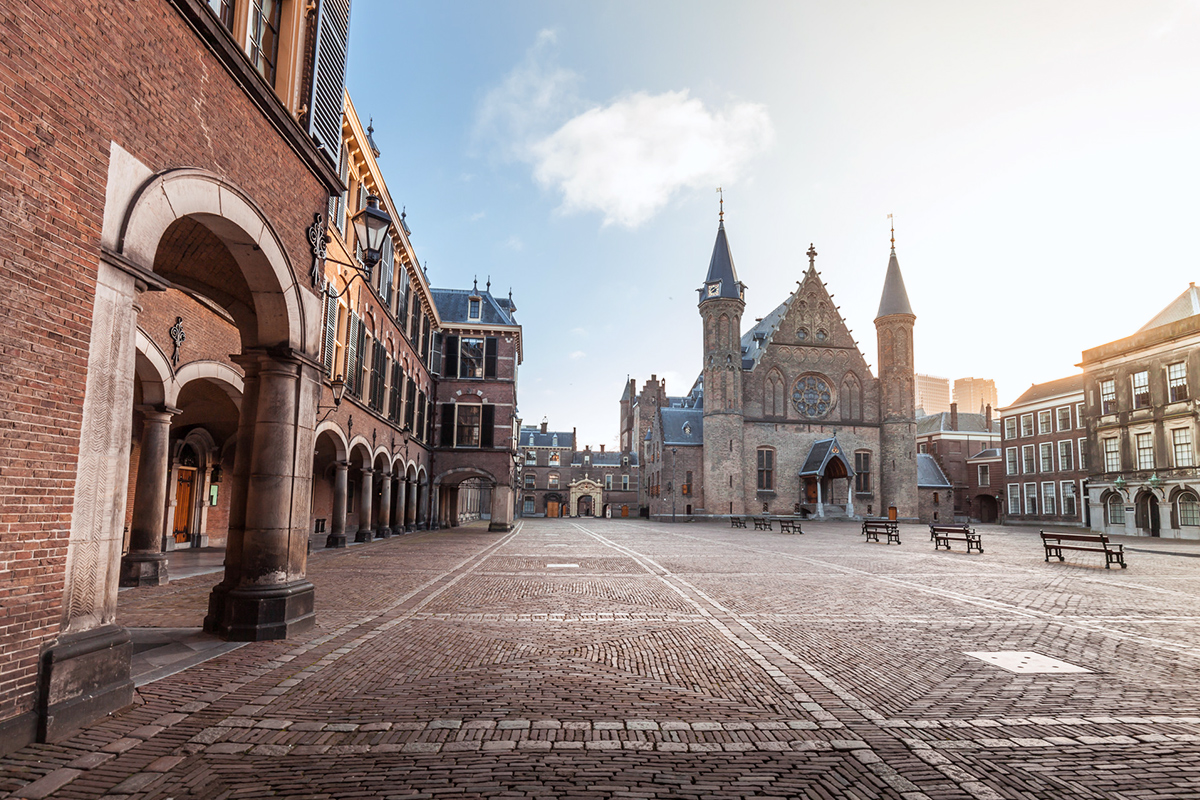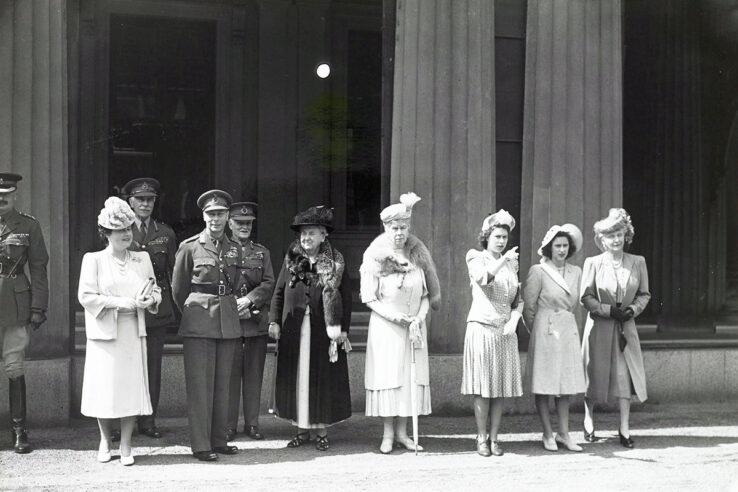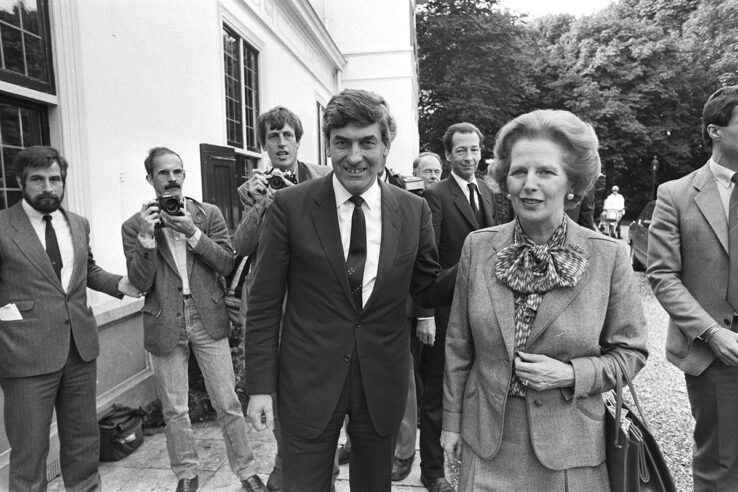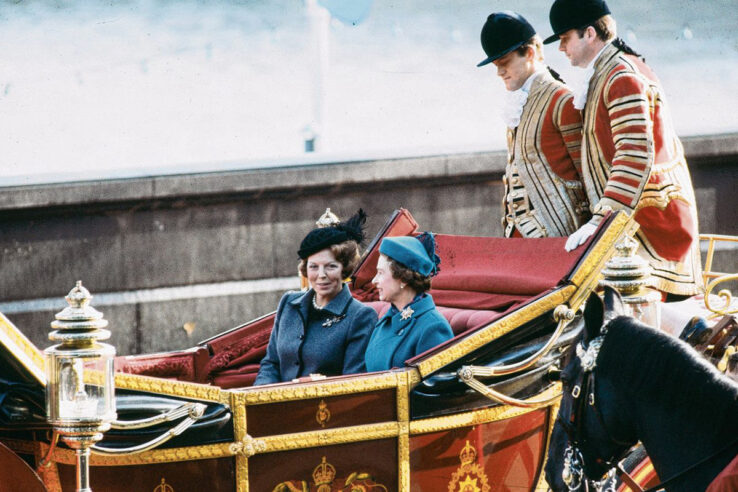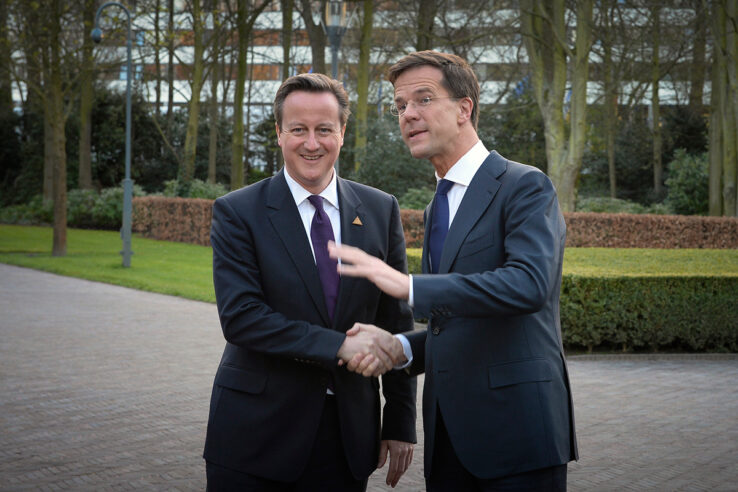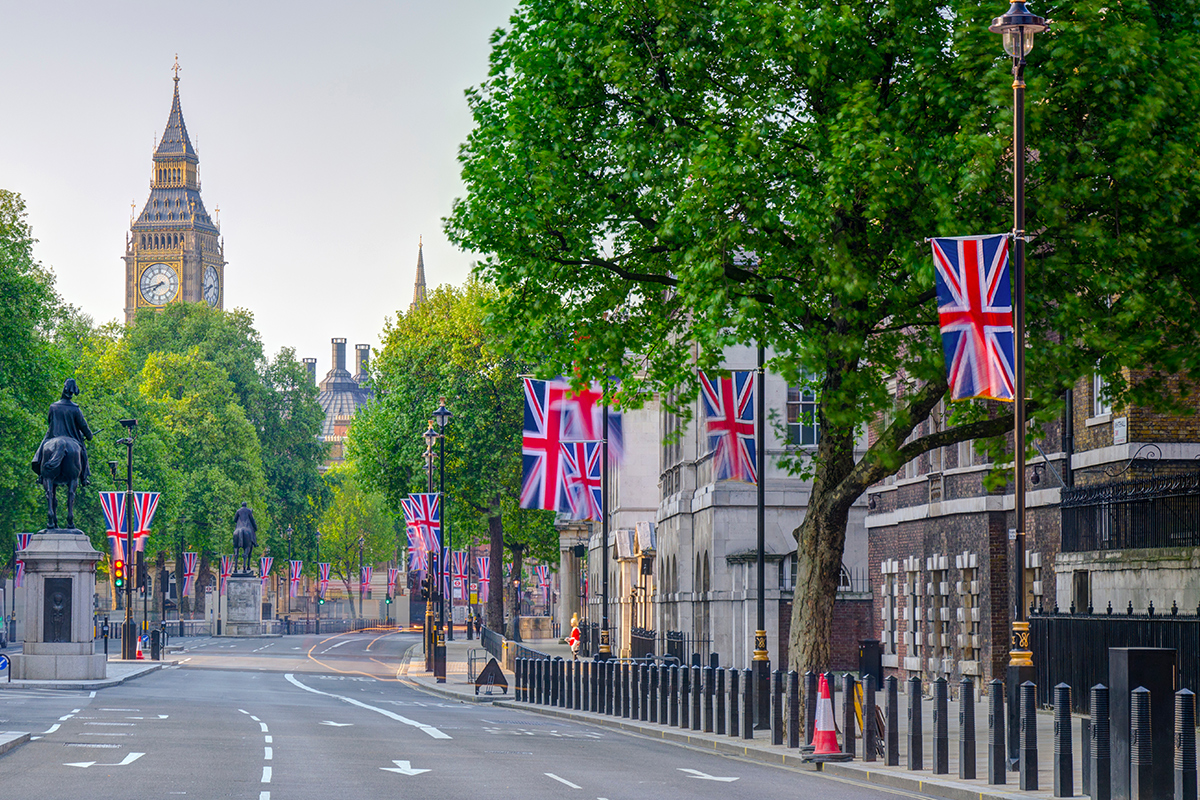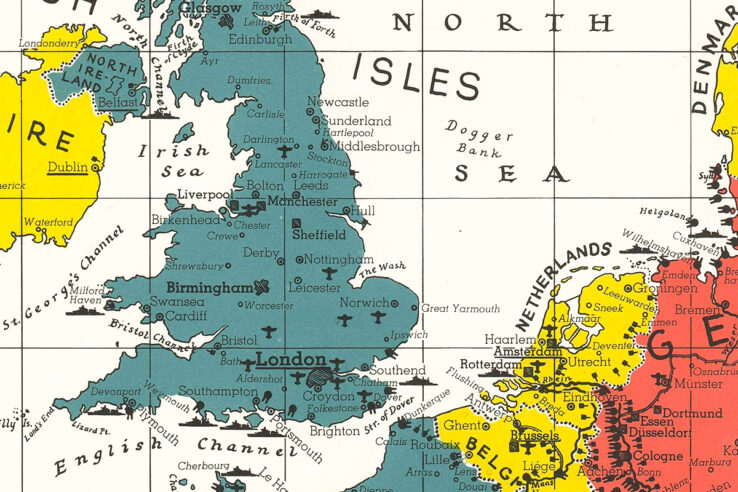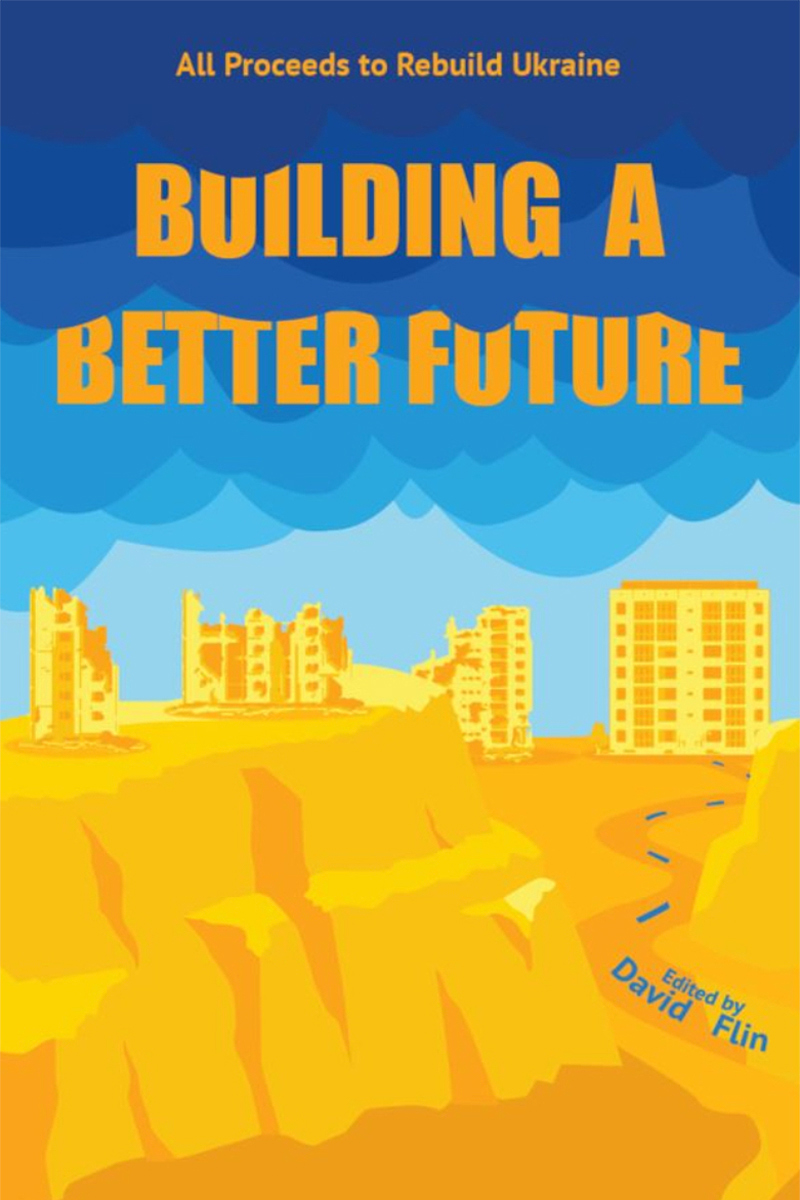The year is 2039. Princess Catharina-Amalia, heir to the Dutch throne, has married Prince George of Wales, nine years her junior, creating a personal union between the Netherlands and the United Kingdom. Two ambitious prime ministers propose to go further: unifying the kingdoms on the North Sea, thus making it possible for Britain to reenter the European Union by the backdoor.
It may seem far-fetched, but it almost happened before — thrice.
Previous attempts
Robert Dudley, the Earl of Leicester and a confidant of Queen Elizabeth’s, briefly served as governor-general of the United Dutch Provinces after they had declared their independence from Spain in 1581.
In 1651, at a time when the Dutch Republic was outcompeting England at sea, Oliver St John, a parliamentarian, led a mission to The Hague to improve ties. He went so far as to propose a union, but neither the Dutch nor the English were interested. Instead, the English barred Dutch ships from their harbors, precipitating the First Anglo-Dutch War.
The Dutch stadtholder William III and his wife, Mary, ruled the Netherlands, Great Britain and Ireland in a personal union from 1689 to 1702. The reason it didn’t lead to a united kingdom was that the Netherlands wasn’t a monarchy yet and William died without children. The stadtholder was more of a military than a political role and technically elective, although it always went to members of the House of Orange. William was succeeded in Britain by his sister-in-law, Anne, and in the Netherlands by his cousin, John William Friso.
England and Scotland were in a personal union for a century before they were officially joined. The independent Northern Netherlands and formerly Austrian-ruled Southern Netherlands were merged into a single kingdom in 1815, although the Belgians seceded fifteen years later.
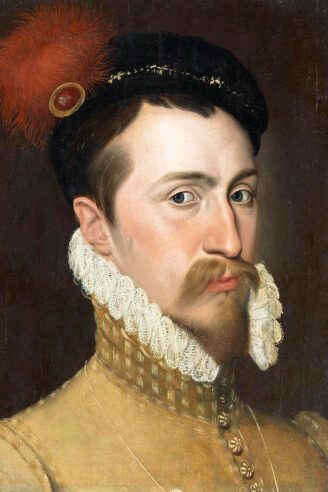
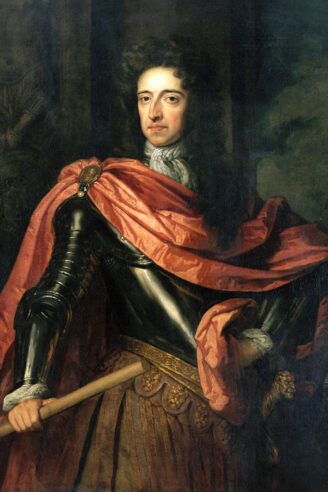
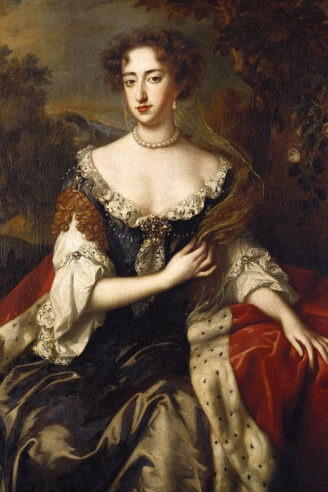
Merger
It’s not the seventeenth century, so let’s approach this from a twenty-first-century perspective and treat it as a merger. You will find ample opportunities for synergy.
- Unification would create the fifth largest economy in the world, between Germany and India.
- Some of the largest and most profitable companies in the world are Anglo-Dutch: Royal Dutch Shell, Reed Elsevier, Unilever. Brexit is making it harder for them to operate on both sides of the Channel.
- Britain’s old-fashioned agricultural sector could benefit from the Netherlands’ expertise, which is an agri-tech leader and the second largest agri-food exporter in the world.
- Combining the banking and insurance markets of Amsterdam and London would create a financial superpower on par with Frankfurt, Hong Kong, New York and Singapore.
- The addition of the progressive Netherlands to the United Kingdom would weaken English conservatism and could help convince Scotland to remain in the union.
- Both countries are liberal and outward-looking. In anticipation of Brexit, the Dutch have formed an informal alliance of like-minded states, dubbed the New Hanseatic Langue. The return of Britain would make this the most powerful force in EU politics, balancing France-Germany, the Visegrád Group and the Mediterranean bloc.
- British and Dutch Marines train and fight side-by-side. Both are naval powers with opportunities for further military integration.
- Most Dutch people already speak passable English. By 2039, most will speak it fluently.
- Although Brexit has dented their admiration, Dutch people are still generally fond of the British and British culture.
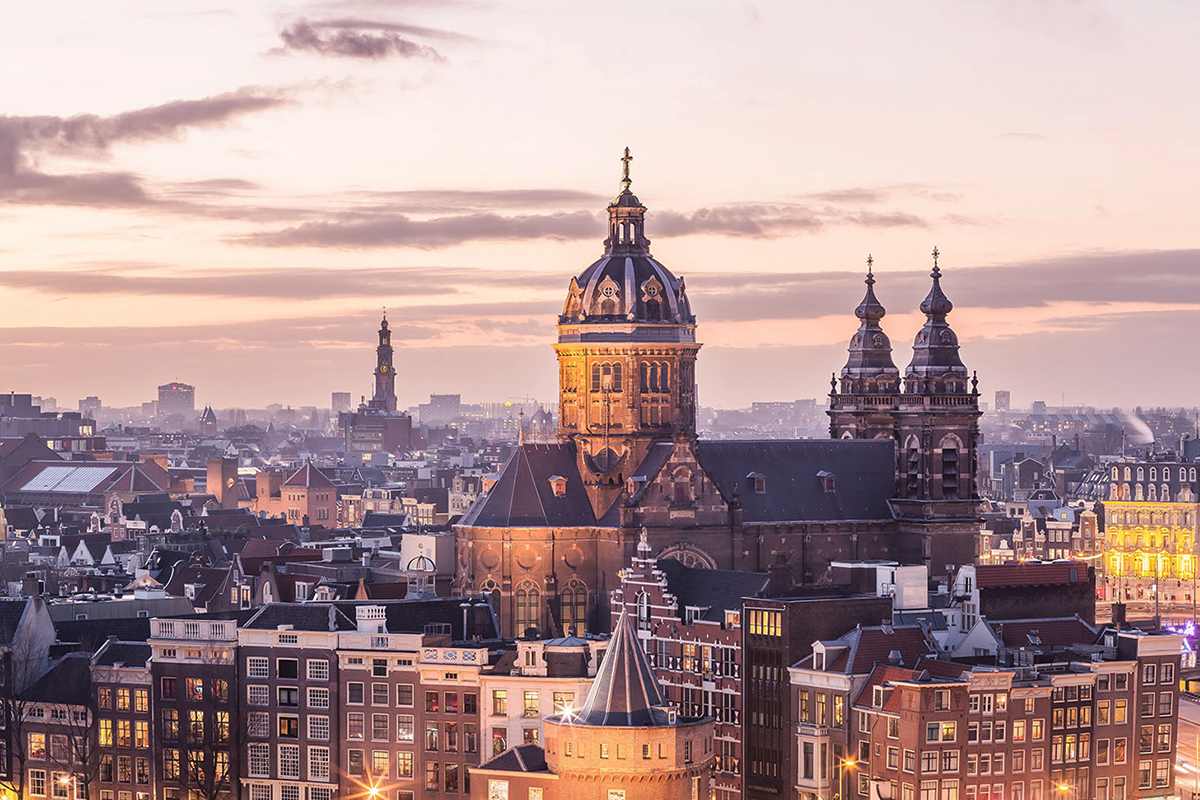

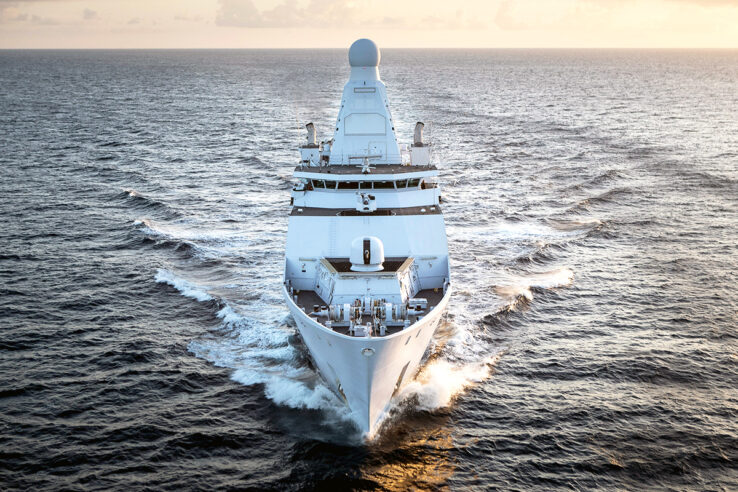
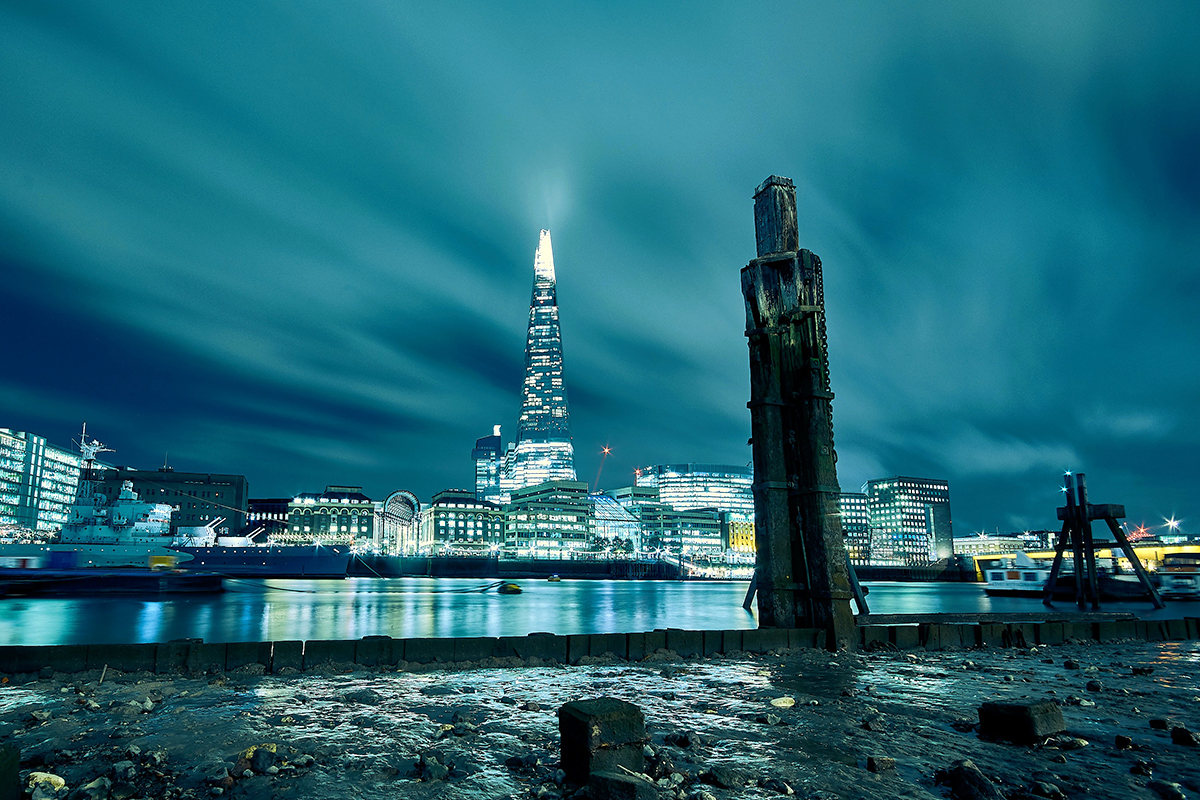
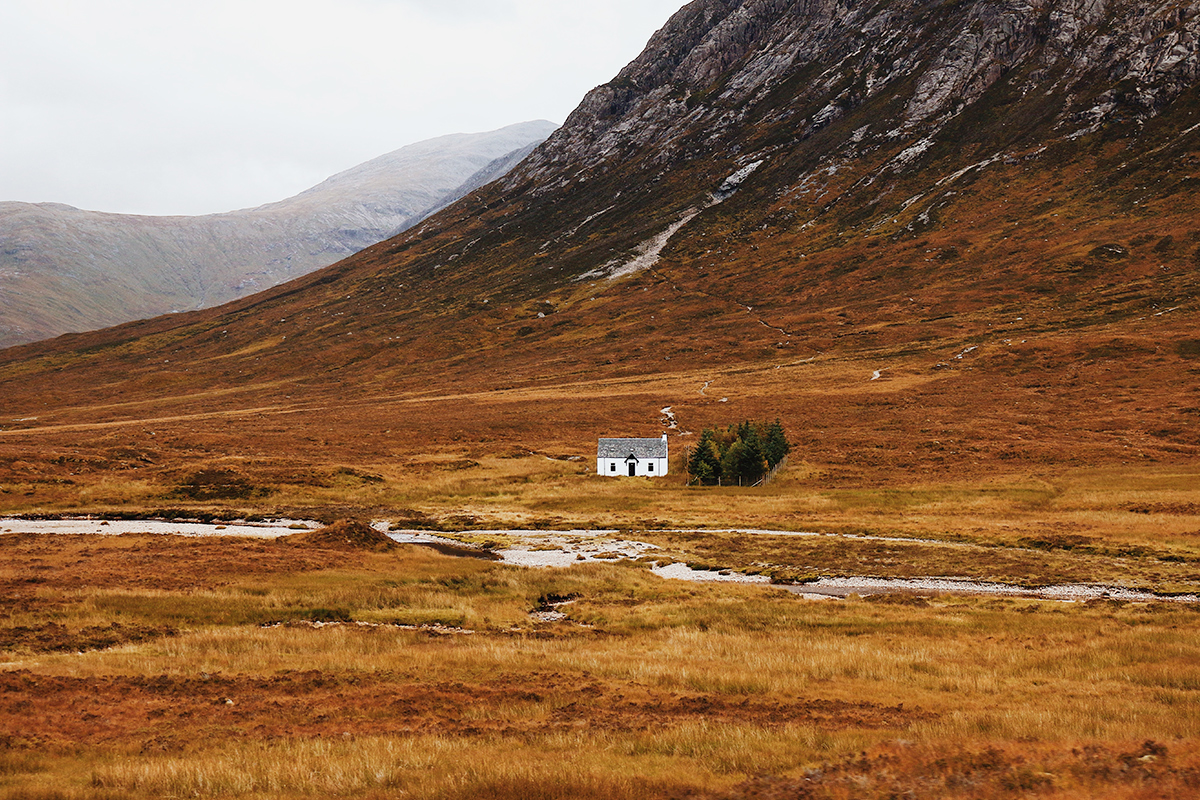
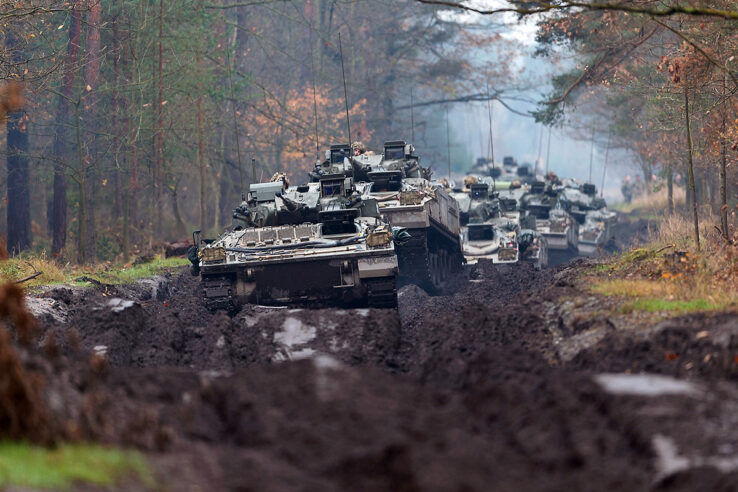
Political system
The Netherlands and UK have similar political systems, which should ease a merger.
- The constitutional position of the monarch is almost the same.
- The Dutch would probably be willing to have the national government in Westminster, provided the country as a whole switch to something closer to proportional representation. The British should welcome that opportunity. Voters have more confidence in their governments under multiparty democracy.
- A devolved government, similar to Scotland’s, could remain in The Hague, responsible for education and health care.
- Eventually, the British might find out their National Health Service is not the envy of the world after all and the mixed public-private Dutch system is superior.
- The bulk of the Labour Party could merge with its Dutch counterpart. The Corbyn wing could join forces with the Dutch Socialists. The Conservative Party and Dutch Christian Democrats have much in common. The ruling Dutch liberal party, VVD, may be too right-wing to merge with the Liberal Democrats, but D66, a social-liberal party, is an obvious partner. Both countries have Green parties.
Dutch and British leaders could convince their European counterparts that a United Kingdom of Great Britain, the Netherlands and Northern Ireland should be considered the successor state to the Netherlands and qualify for automatic membership of the EU.
But that comes with a snag: the euro. Legally, Britain would be obligated to adopt the common currency. The Netherlands cannot afford to give it up. It does 18 percent of its trade with Germany and another 17 percent with Belgium and France. (Britain accounts for 7.5 percent.)
No marriage is perfect.
